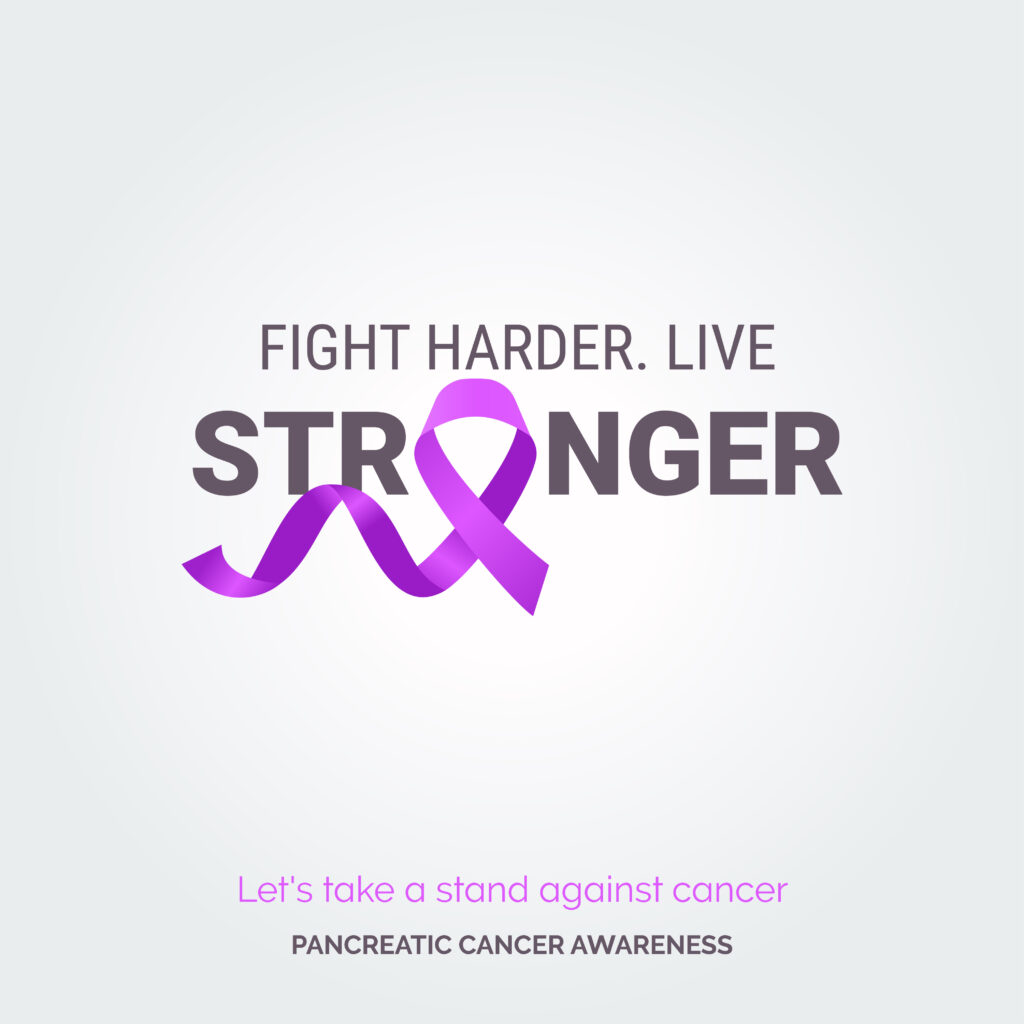Introduction
Cancer continues to be one of the most formidable health challenges of our time. Traditional treatment methods such as surgery, chemotherapy, and radiation have made significant strides, yet they often come with limitations and side effects that can significantly affect patients’ quality of life. In recent years, Chimeric Antigen Receptor T-cell (CAR T) therapy has emerged as a groundbreaking approach in the realm of cancer treatment, providing new hope to patients with certain types of cancer. This blog post delves into CAR T therapy, exploring its mechanism, benefits, challenges, and its transformative potential in oncology.
Understanding CAR T Therapy
What is CAR T Therapy?
CAR T therapy is a form of immunotherapy that harnesses the power of the patient’s own immune system to combat cancer. It involves the modification of T cells, a type of white blood cell, to express a receptor specifically designed to recognize and attack cancer cells. This process involves three key steps:
- Collection of T Cells: A blood sample is taken from the patient, and T cells are extracted using a process called apheresis.
- Genetic Modification: In the lab, these T cells are genetically engineered to produce chimeric antigen receptors (CARs) on their surface. These receptors are designed to bind to specific proteins (antigens) found on the surface of cancer cells.
- Infusion of Modified T Cells: The modified T cells are then multiplied and infused back into the patient’s bloodstream, where they seek out and destroy cancer cells.
How Does CAR T Therapy Work?
CAR T therapy functions through a two-pronged attack:
- Targeting Cancer Cells: The CARs on the modified T cells specifically recognize cancer cell antigens, binding to them and initiating an immune response.
- Amplifying the Immune Response: Once the CAR T cells are activated, they proliferate and release cytokines, which are signaling molecules that recruit and activate additional immune cells. This leads to a robust immune response that can result in the destruction of cancer cells throughout the body.
Types of Cancers Treated with CAR T Therapy
CAR T therapy has shown significant success, particularly in certain blood cancers:
- Acute Lymphoblastic Leukemia (ALL): CAR T therapy has demonstrated remarkable effectiveness in children and young adults with ALL who have not responded to traditional treatments.
- Diffuse Large B-Cell Lymphoma (DLBCL): CAR T therapy has been approved for treating adult patients with relapsed or refractory DLBCL, showcasing substantial remission rates.
- Multiple Myeloma: Recent advancements in CAR T therapy have also led to promising results in treating multiple myeloma, a cancer that affects plasma cells.
Advantages of CAR T Therapy
1. Targeted Treatment
Unlike traditional therapies that can harm healthy cells, CAR T therapy specifically targets cancer cells, which can result in fewer side effects and a better quality of life during treatment.
2. Long-Lasting Remission
CAR T therapy has been associated with durable responses in patients, meaning that it can lead to long-term remission in some cases, even after other treatments have failed.
3. Personalized Approach
Since CAR T therapy utilizes the patient’s own immune cells, it represents a personalized treatment option, tailored to the individual’s specific cancer profile.
4. Potential to Treat Complex Cancers
Research is ongoing to expand the application of CAR T therapy beyond blood cancers to solid tumors, potentially transforming the treatment landscape for a broader range of cancers.
Challenges and Considerations
Despite its promise, CAR T therapy does come with challenges that need to be addressed:
1. Cytokine Release Syndrome (CRS)
One of the most significant side effects of CAR T therapy is cytokine release syndrome, a condition that occurs when the activated T cells release large amounts of cytokines into the bloodstream, leading to symptoms such as fever, fatigue, and nausea. In severe cases, CRS can lead to life-threatening complications.
2. Neurotoxicity
Some patients may experience neurological side effects, known as CAR T-cell-related encephalopathy syndrome (CRES), which can include confusion, seizures, and difficulty speaking.
3. Limited Access
Currently, CAR T therapy is primarily available at specialized treatment centers, and the cost of treatment can be prohibitively high for many patients, making access a significant barrier.
4. Potential for Relapse
While CAR T therapy can induce remission, there is still a possibility of cancer relapse, particularly if the cancer cells do not express the targeted antigens or if they develop resistance.
The Future of CAR T Therapy
The field of CAR T therapy is rapidly evolving. Ongoing research aims to enhance the effectiveness and safety of CAR T treatments, including:
- Developing New CARs: Researchers are exploring new CAR designs that can target different cancer antigens, expanding the potential applications of CAR T therapy to solid tumors.
- Combining Therapies: Combining CAR T therapy with other treatment modalities, such as checkpoint inhibitors or traditional chemotherapy, may enhance effectiveness and reduce the risk of relapse.
- Off-the-Shelf CAR T Products: Efforts are underway to create “off-the-shelf” CAR T therapies that can be used immediately without the need for individualized cell collection and modification.
Conclusion
CAR T therapy represents a transformative advancement in the fight against cancer, offering new hope to patients who have exhausted traditional treatment options. While challenges remain, the ongoing research and development in this field are paving the way for a future where CAR T therapy may become a standard treatment for various types of cancer. As we continue to unlock the potential of this innovative approach, it is crucial to remain committed to research, accessibility, and patient education to ensure that all those affected by cancer can benefit from these groundbreaking advancements.








